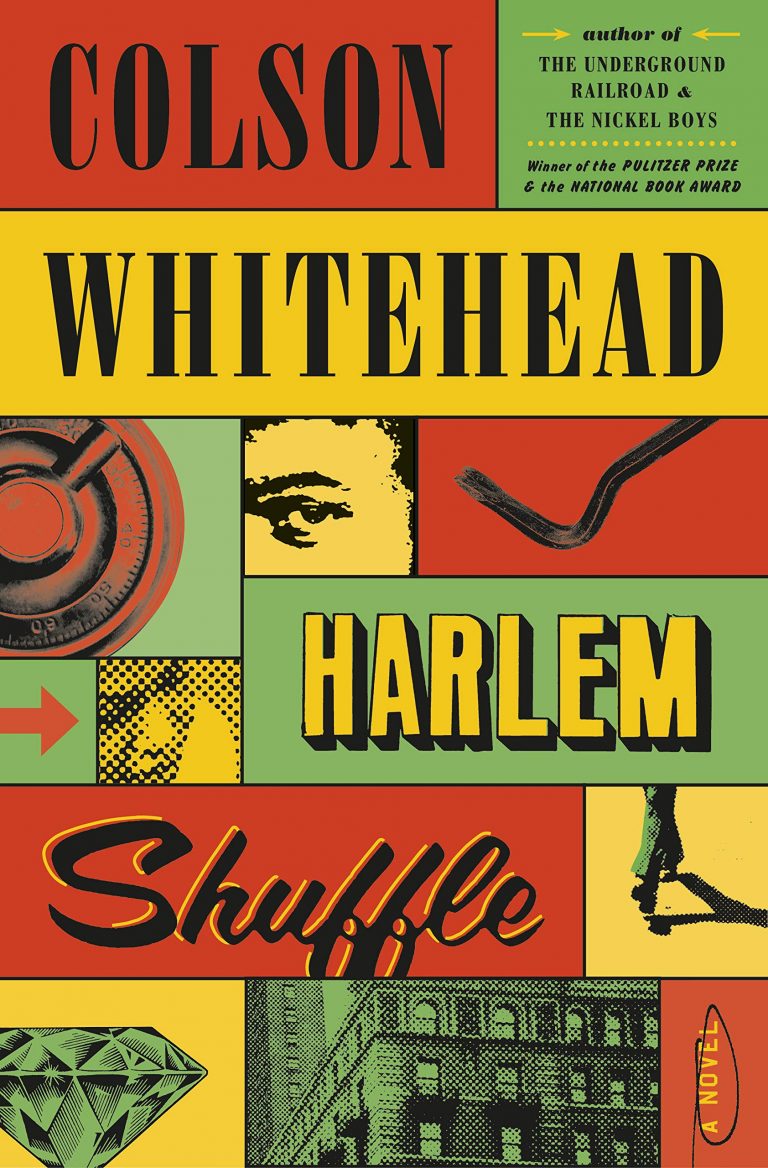

Meet Yea Big, Pepper, Miami Joe, Chet the Vet (who got his name because he went to vet school – for a month). Without being pretentious or phony, he can use a verb like bivouac then convincingly switch registers and write: “That was a whole nother story.” His humour can arise from absurdity (crooks get paid in cash and discounted furniture), from parody (a wealthy man snobbishly describes the New York subway as “a filthy cage for filthy people”), even from gangster nicknames. If Harlem Shuffle is your introduction to Whitehead, you’ll discover a writer with range. Harlem Shuffle is yet another novel that New Yorkers are going to lovingly claim. Whitehead makes it easy for us to live in that period and place, so well rendered is his Harlem.

Rather, we can extend ourselves in its direction, toward the 60s, toward Carney’s extreme moral struggles. It may be inevitable that we read the novel as an allegory for our time, but a book’s merits ought not to be determined by its relevance to our present. The wording on the second nudges us toward patient cooperation: “COOL IT BABY.” Thankfully, Whitehead is never sermonising or sentimental. The first gives instructions on how to build a bomb. In the novel, two leaflets circulate as potential paths to an equitable and just society. There’s the chillingly familiar racial unrest, down to a shooting that incites protests.

Some people aspire to own houses, while others own entire buildings. There’s the expansion of empire and wealth. There’s a delight in taking down powerful people who believed themselves invulnerable to consequences. Set 60 years ago, the novel nonetheless has a number of parallels to our time. In one or two sentences at the end of a chapter, Whitehead can change the book’s whole trajectory. The novel gains force through accumulation and acceleration – brake and gas, gas and brake, until we are far from where we started. The three acts could make satisfying novellas on their own, but they’re better together. What’s our responsibility to the greater social good? The three parts present our options: descent, personal advancement, social progress. “The mistake was to believe he’d become someone else.” Act 3 considers whether a man should step up to help others. We could call this the illusion of advancement we all get suckered into it. Act 2 considers Carney’s upward criminal climb.

Act 1 shows how easily a man can step downward into crime. The novel is structured in three instalments, covering a period from 1959 to 1964, each climactically peaking with criminal activity.


 0 kommentar(er)
0 kommentar(er)
